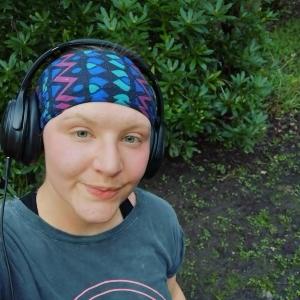
Zara Puckrin
Zara's Race for Life
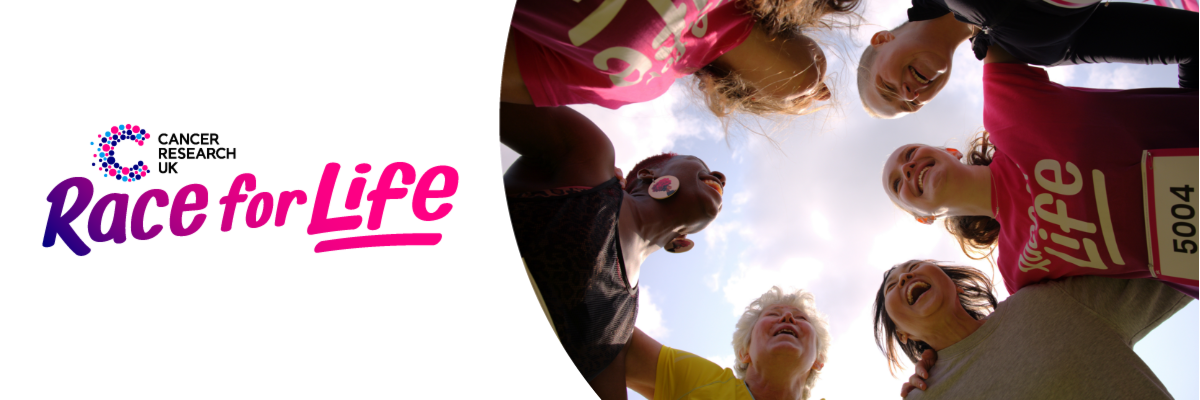
Total raised
£135.00
+ £26.25 Gift Aid
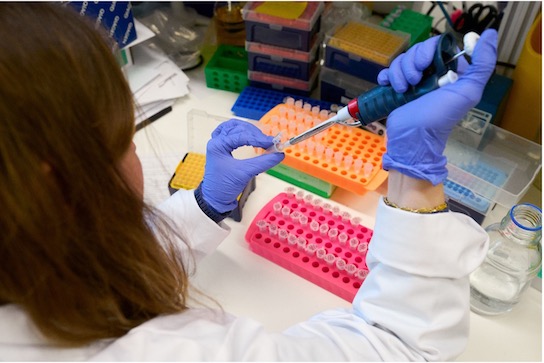 £25
£25Kitting out our labs
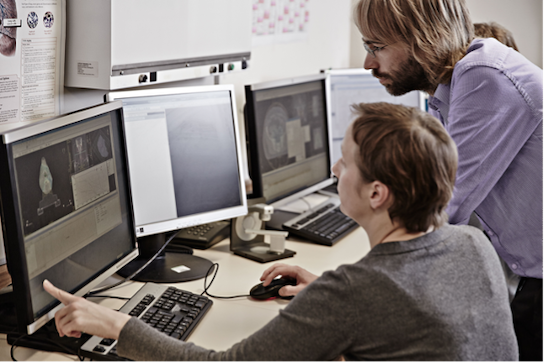 £50
£50Unravelling mysteries
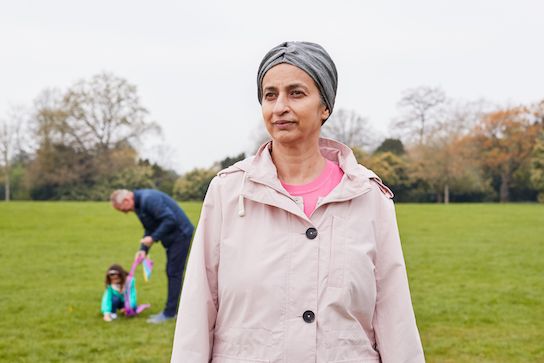 £100
£100Spotting cancer earlier
Stirling 5k 2021
Sun 22 Aug 2021 - Sun 22 Aug 2021

Strava activity tracker
81%
of 100 km target
My Story
My mum was diagnosed with colon cancer during lockdown last year. I still remember her calling me to break the news. Because the bowel screening program was delayed due to the pandemic, it took six months for her to receive the colonoscopy that diagnosed her. After that, we had to wait an additional four weeks to find out if the cancer had metastasized. In these four, long weeks we didn't know how big the tumor was, how aggressive it was, or whether if it had spread to any other organs. It was horrible. Having to wait made us all the more nervous about the severity of her disease - on top of this, I couldn't give my mum a hug to comfort her, or travel down by train to visit her because of the restrictions. Thankfully, no visible spread was detected on her CT scans, but we wouldn't know her full prognosis until after surgery (another six-week wait). She was to undergo a left hemicolectomy, meaning the doctor would remove the left half of her colon. Whether she would be given chemotherapy afterward would depend on the size of the tumor. All things considered, my mum was incredibly lucky. Surgery revealed that the tumor was small (3cm) and had not spread to nearby tissues. She healed well, didn't need a colostomy, and didn't need chemo. It was such a relief to us all to see her back to her usual, glowy self. But not everyone's cancer diagnosis ends this way, no matter how hard they fight. And with the pandemic disrupting oncology services across the UK, funding is needed now more than ever. While cancer survival rates have increased drastically over the last four decades, there is still room for improvement - especially for rare cancers which have lower survival rates. I'm supporting CRUK because they are one of the best research institutions globally, and they support all cancers without discrimination. Please give what you can to support a future where more people survive cancer, like my mum.

CAUSE
All Cancer Types
Cancer is complex. There are over 200 types of cancer, most of which have different biology and behaviour. With your support, our dedicated researchers can continue to discover better ways to prevent, detect and treat this disease, and bring about a world where everybody lives longer, better lives, free from the fear of cancer.
Latest updates
With Cancer Research UK Giving Pages more of the money raised goes towards beating cancer. Aside from the credit and debit card fees, every penny donated goes to Cancer Research UK.
All donations made to this page will automatically be transferred to Cancer Research UK.
